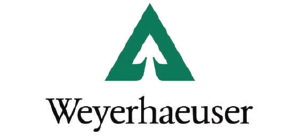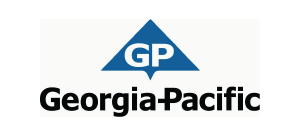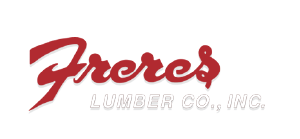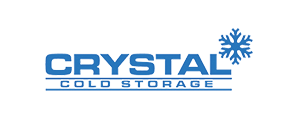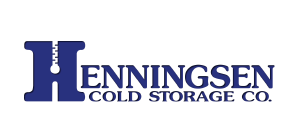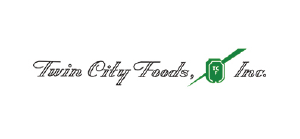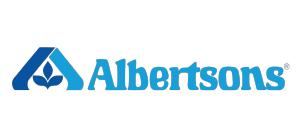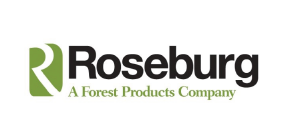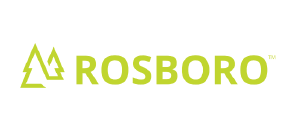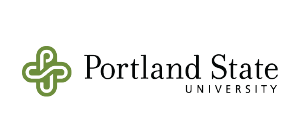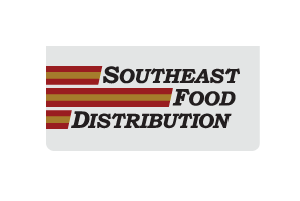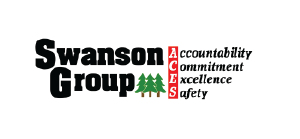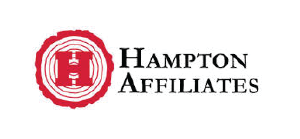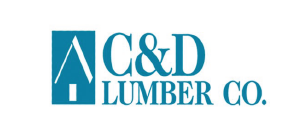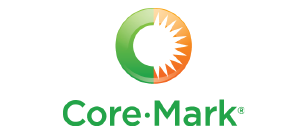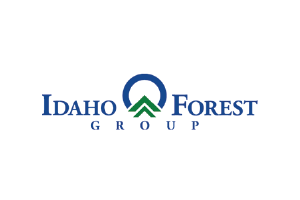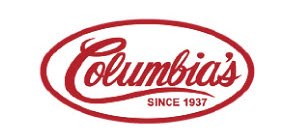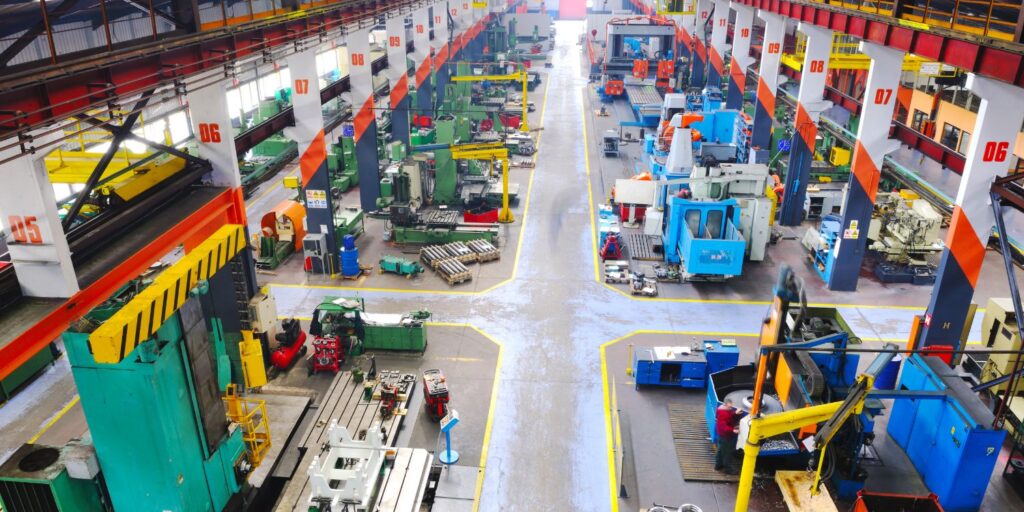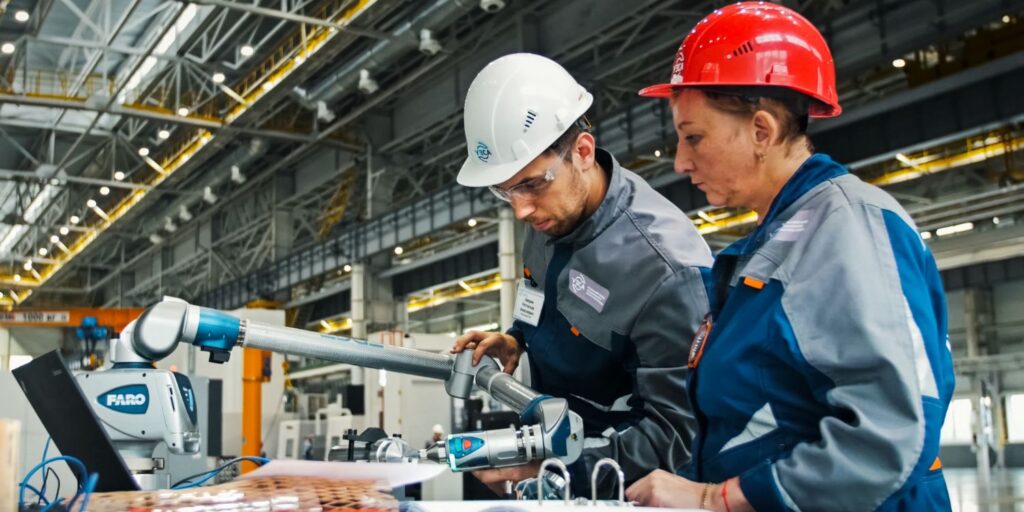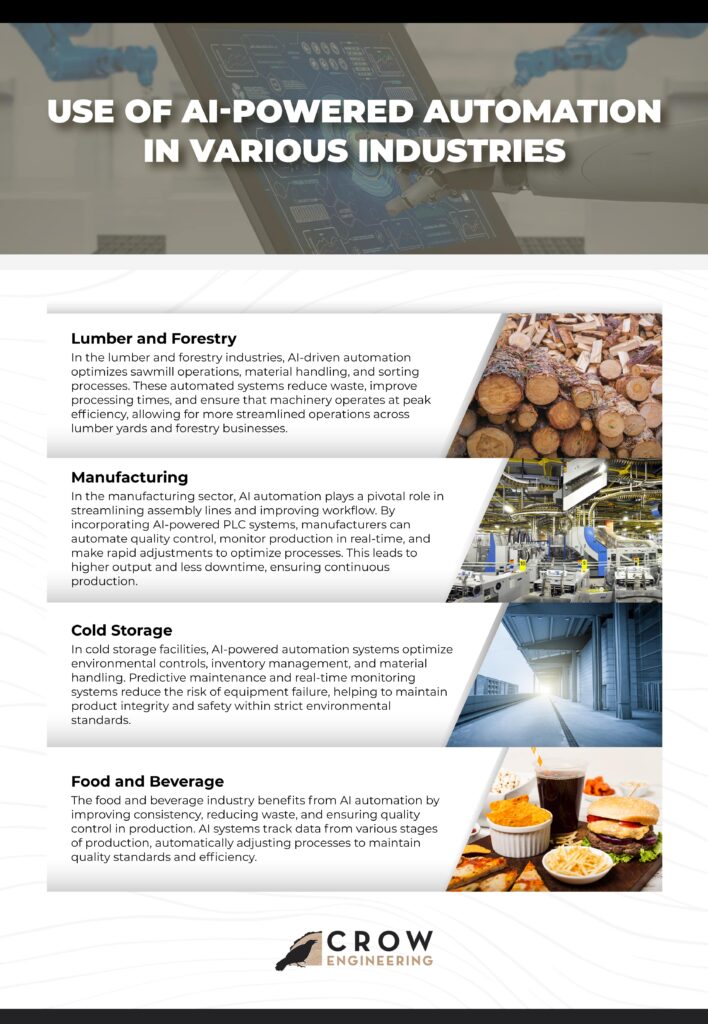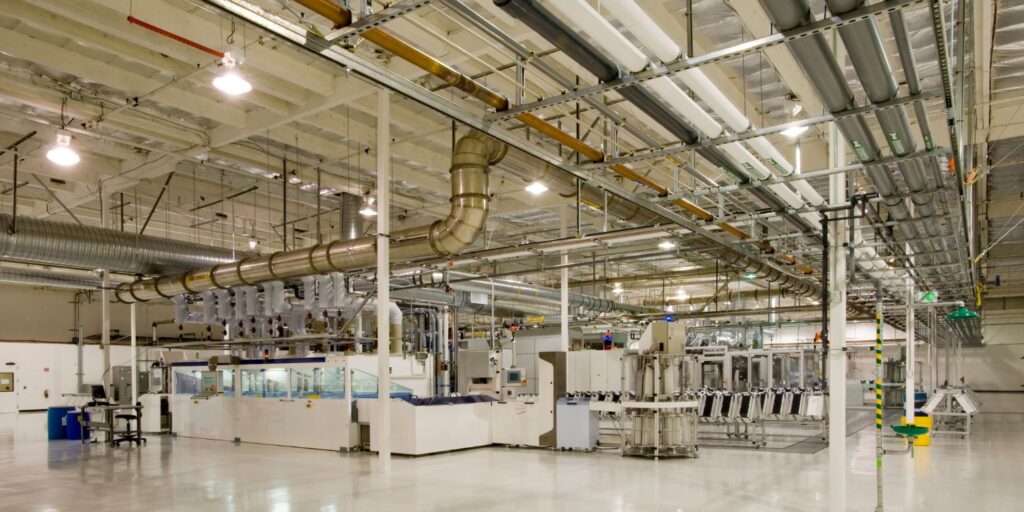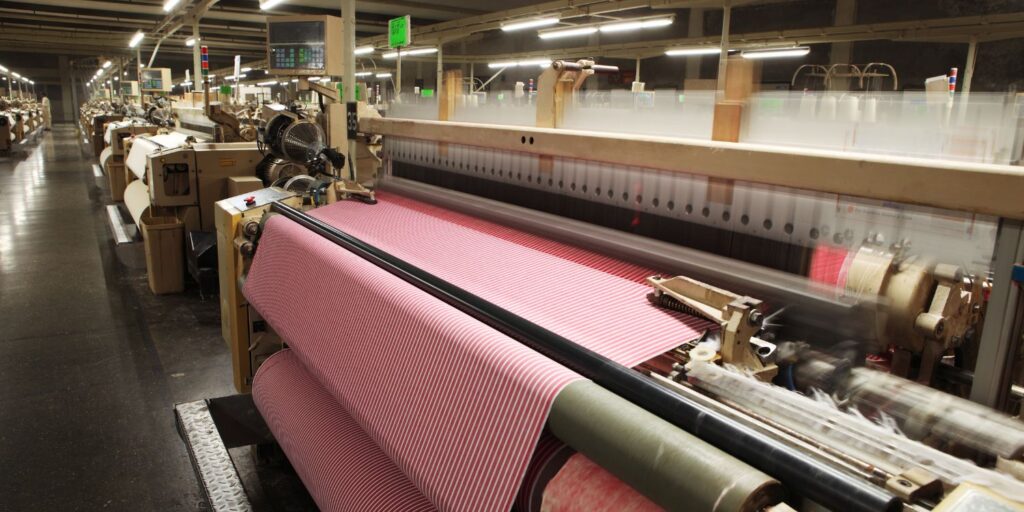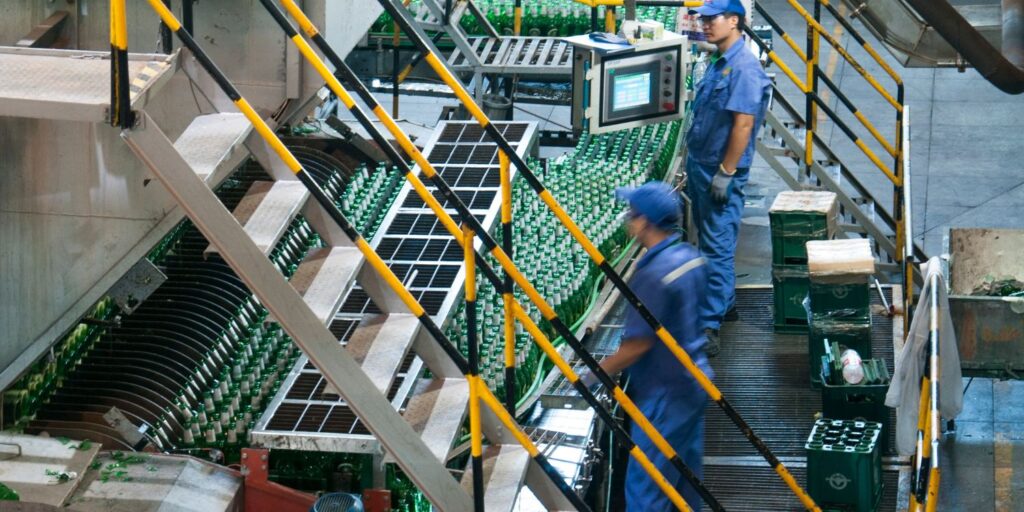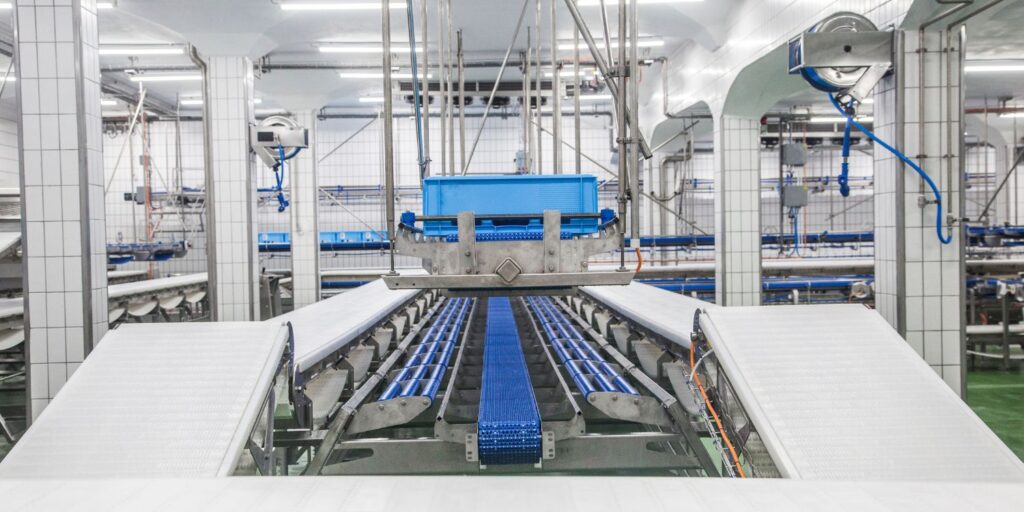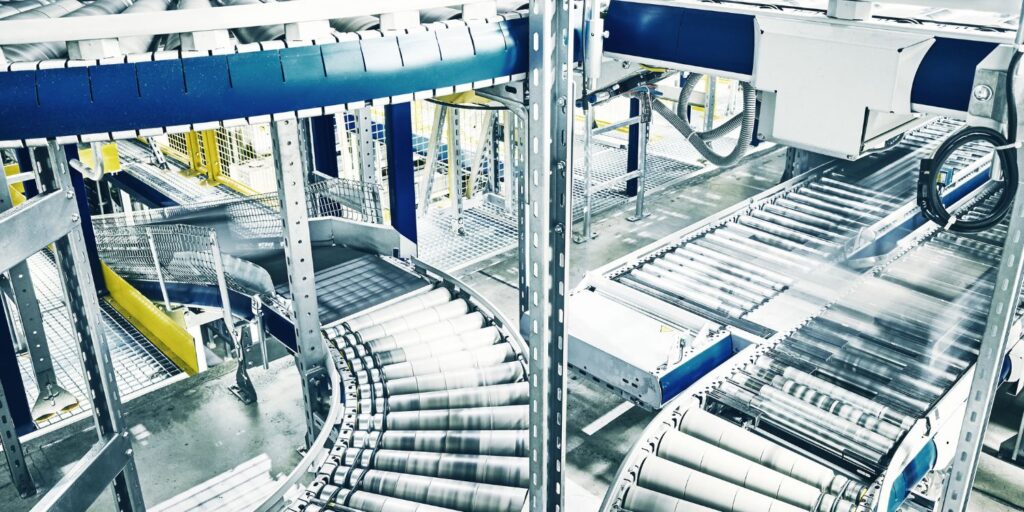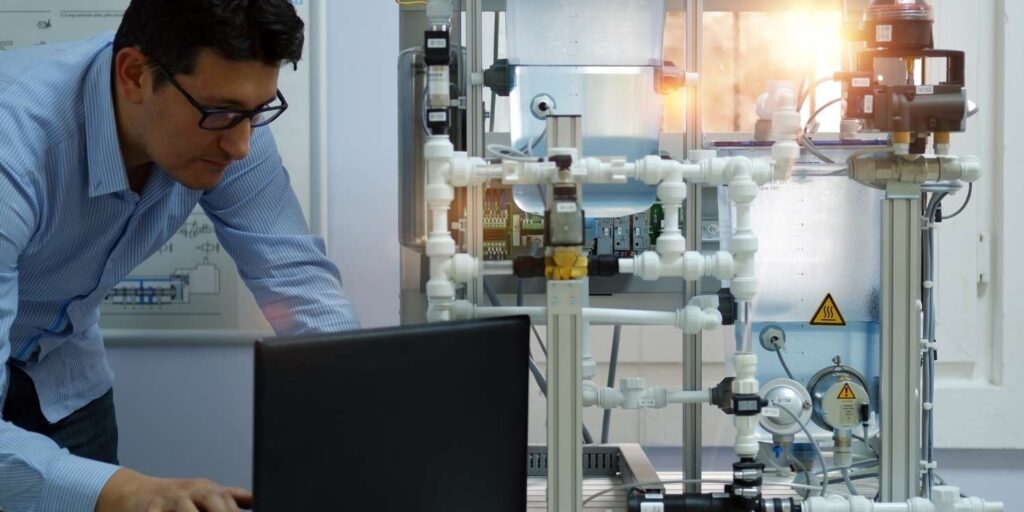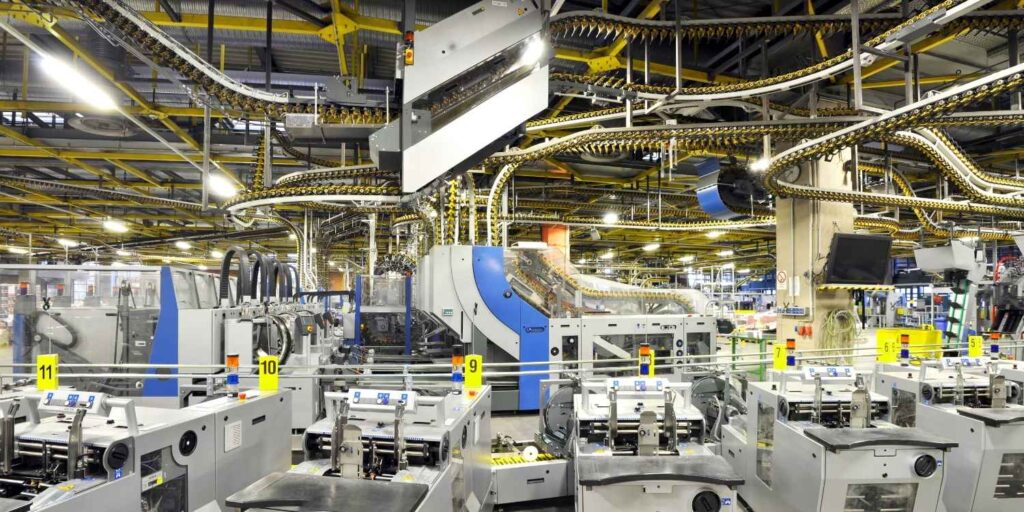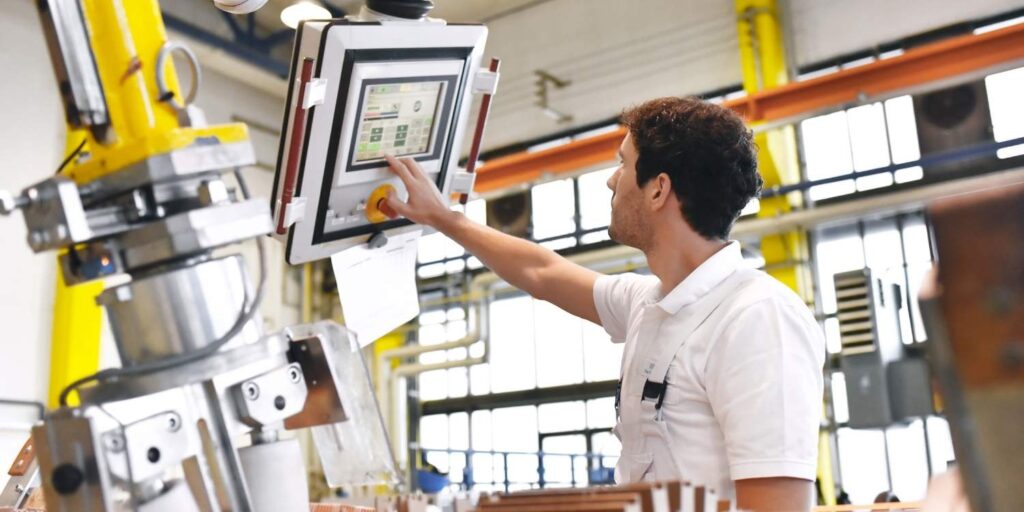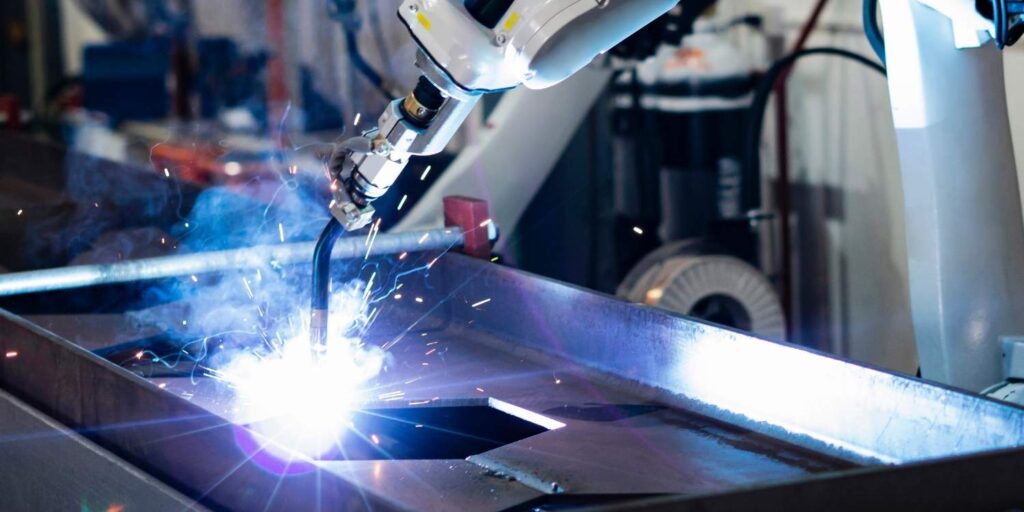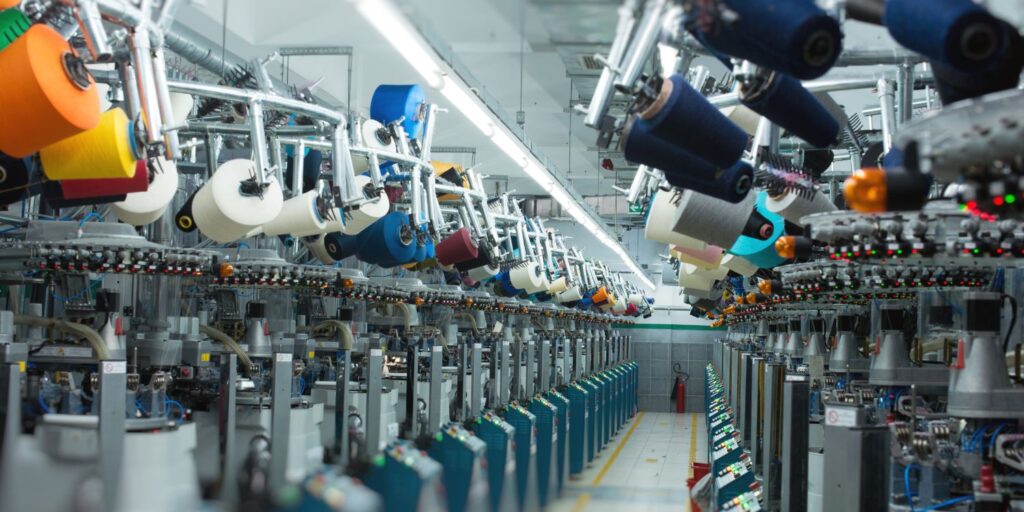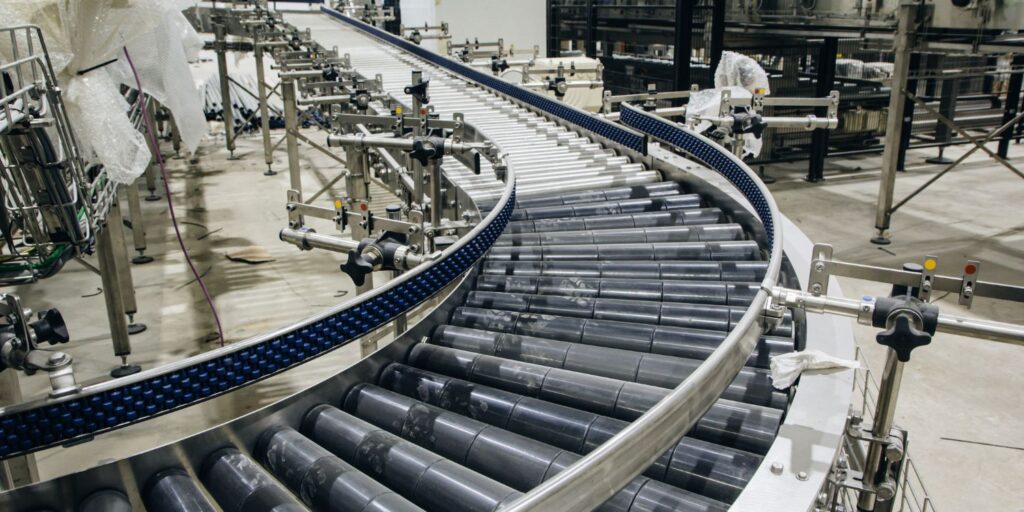[et_pb_section admin_label=”section”]
[et_pb_row admin_label=”row”]
[et_pb_column type=”4_4″][et_pb_text admin_label=”Text”]Finding efficient ways of reducing operational costs is crucial for the long-term sustainability of businesses in any industrial or manufacturing application. One of the most effective strategies for achieving streamlined, efficient operations is through process optimization. By fine-tuning workflows, optimizing machinery usage, and improving resource allocation, companies can significantly lower their operating expenses while improving productivity and quality.
Crow Engineering offers process optimization and control solutions, working with companies to streamline operations and cut waste and unnecessary costs. By incorporating advanced machine automation and control systems, businesses can reduce inefficiencies, cut down on waste, and maximize output.
What is Process Optimization?
Process optimization is the systematic improvement of production workflows and equipment utilization to enhance efficiency, minimize waste, and ensure maximum output with minimal input. This is a crucial approach to reducing operational costs, as it enables businesses to use their resources more effectively and cut down on waste and inefficiency.
Key aspects of process optimization include:
- Streamlined Operations: Fine-tuning production processes to minimize bottlenecks and delays, resulting in improved throughput.
- Improved Equipment Utilization: Ensuring machinery operates at optimal capacity and efficiency.
- Enhanced Resource Management: Reducing waste in terms of materials, energy, and labor.
Crow Engineering helps industries optimize their processes to reduce operational costs while improving overall efficiency, driving down expenses in manufacturing and other sectors.
How Process Optimization Reduces Operational Costs
Increased Efficiency and Reduced Downtime
Process optimization focuses on improving the speed and efficiency of production processes, which is vital for reducing operational costs. Identifying bottlenecks, improving workflows, and using predictive maintenance strategies all contribute to maximizing output with fewer resources.
- Minimized Downtime: Predictive maintenance helps address potential equipment failures before they result in costly downtime. By scheduling maintenance at the optimal time, businesses can reduce unplanned breakdowns and improve equipment reliability.
- Optimized Production Cycles: Streamlined processes ensure that production runs smoothly, improving throughput without the need for additional resources.
Crow Engineering’s expertise in machine automation and control solutions ensures that businesses experience minimal downtime while maintaining high productivity, resulting in significant cost savings.
Energy Efficiency
Energy usage represents a significant cost in most industrial operations. Process optimization plays a crucial role in reducing operational costs by implementing energy-saving techniques.
- Optimizing Equipment Use: Machines can be programmed to reduce energy consumption during low-demand periods or idle times, resulting in energy savings.
- Load Balancing: By distributing energy consumption evenly across equipment, businesses can avoid energy surges, reducing utility costs.
Crow Engineering’s PLC control system solutions provide precision control, ensuring that businesses optimize energy use and lower their overall operating expenses.
Resource Management and Waste Reduction
Another important factor in reducing operational costs is improving resource management. Optimized processes allow businesses to use raw materials more efficiently, minimizing waste and ensuring that every part of the process adds value.
- Reduced Material Waste: By improving equipment accuracy and optimizing material handling systems, businesses can reduce the amount of scrap produced during manufacturing.
- Improved Inventory Management: Process optimization ensures that materials are delivered at the right time and in the right quantities, reducing the need for excessive stock and minimizing storage costs.
Crow Engineering offers custom equipment configurations to improve material handling and ensure efficient use of resources, allowing businesses to cut down on unnecessary expenses.
Improved Control and Automation
Advanced control systems and automation solutions enable businesses to maintain consistent production quality while operating at lower costs. Automating processes through PLC programming and machine automation allows for greater precision, reducing errors and enhancing consistency in production.
- Precision and Control: Automated systems can be finely tuned to ensure optimal operation at every production stage. This minimizes resource use and reduces rework, further cutting costs.
- Adaptability: Automated systems allow for quick adjustments to production parameters, enabling manufacturers to respond more quickly to market demands without incurring additional costs.
Crow Engineering designs and integrates custom control systems that help manufacturers improve product quality and lower costs.
Industries Benefiting from Process Optimization
Many industries can significantly benefit from process optimization to reduce operational costs, including:
- Manufacturing: By improving workflows and equipment performance, manufacturing operations can reduce labor and energy costs while increasing output.
- Cold Storage: Optimized processes ensure better energy management and resource efficiency, leading to lower energy costs and reduced spoilage.
- Lumber and Forestry: Automating sawmill operations and improving material handling leads to less waste and more efficient production cycles.
Crow Engineering’s custom solutions ensure that each industry maximizes its operational efficiency while minimizing costs.
The benefits of process optimization for reducing operational costs are clear. From improving efficiency to cutting energy use and reducing waste, businesses that invest in optimizing their processes will see a measurable impact on their bottom line.
Crow Engineering’s expertise in machine automation, process optimization, and PLC control systems allows businesses to achieve these cost savings while enhancing the quality and consistency of their operations. Contact Crow Engineering today to learn more about how process optimization can improve your facility’s performance and help reduce your operational costs.
[/et_pb_text][/et_pb_column]
[/et_pb_row]
[/et_pb_section]
Who are we?
Crow Engineering is a multi-discipline consulting engineering firm serving mechanical, structural, and civil engineering needs for a variety of industries.
Engineering Services
the crow connection
Recent News
The Crow Connection delivers high-level insights on engineering, automation, and process optimization, helping you drive efficiency and innovation. Covering topics like AI-powered automation, manufacturing strategies, and industrial process improvements, it’s a must-read for leaders seeking a competitive edge.

